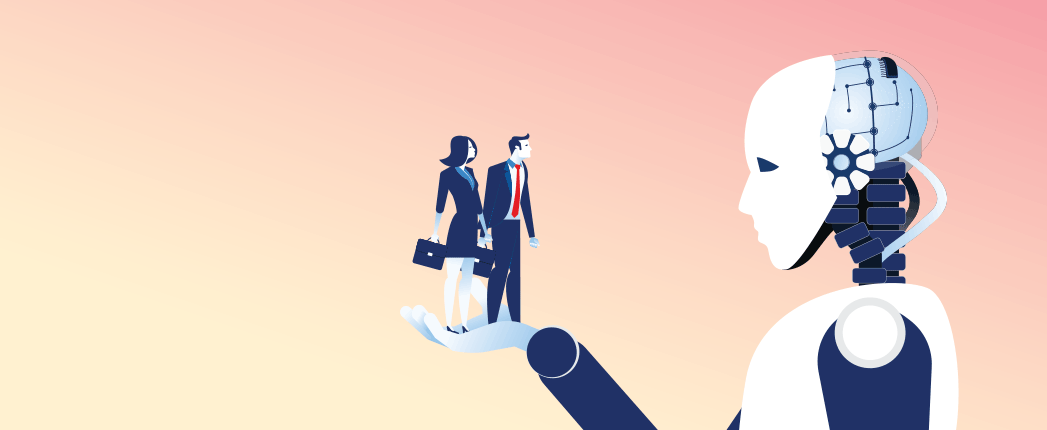
Your Business
Relax. Contrary to news hype, machines using the latest generative artificial intelligence (AI) software will benefit us substantially in the future.
Yes, robots can be made to look and talk like us, but they will not take over the world or turn us into their slaves. Today’s unsettling media and political claims will either be wrong, or we will adjust to the new reality, as we have often done in the past.
Basic research and development of artificial intelligence is not new; it has been going on for nearly seventy years. Wikipedia reports that AI started at Dartmouth College in 1956 as a summer workshop. If you talk to Alexa or Siri, you’ve been using it every day.
Computers will not be smarter than the humans who program them. Using AI, they can quickly sort through vast amounts of data and respond, but not always correctly because they lack the finer unprogrammable intuitions of human judgement. Chatbots may imitate voices and faces, but we will learn to cope. We can control AI’s negative qualities and thrive on the positive ones. There is a long history of handling similar situations, despite the usual doomsday predictions. Human beings have proved to be exceptionally adaptable; that’s why we’re still here.
In 1798, the Malthusians thought that the population of the world would grow faster than the availability of food, causing vast numbers of people to die. That didn’t happen. In the early 1800s, the Luddites, who were opposed to new technology, destroyed textile machines that they claimed would eliminate jobs and manufacture inferior goods. But that didn’t happen, either.
Smoky and smelly whale oil was replaced in the late 1800s when cleaner and cheaper kerosene became available for lamps. Whalers complained about lost jobs, but other industries gained them. The horseless carriages of the early 1900s affected livery stables and feed suppliers, but those newfangled autos got horse manure off the streets and ushered in a whole new era of remarkable growth.
Expert predictions—widely covered by the media in the 1970s—that the world was entering a mini-ice age proved to be incorrect. But we were anxious at the time because we believed those articles in The New York Times, the Los Angeles Times, the Chicago Tribune, Newsweek, Time magazine, Science Digest, Fortune, New York Magazine, the Christian Science Monitor, Popular Science, and National Geographic. One expert theory, by the way, was that sulfur particulate from diesel engine emissions entering the atmosphere reflected the warming rays of the sun, thus causing the earth to cool off. All of this seems ironic now.
More recent computer-model predictions of human activity causing a much warmer world climate are concerning us again. Earlier cries that the world might end in five years due to global warming have proved wrong, but anxiety is still rampant.
Helpfully, the Cleveland Clinic recently published an article called “The Brewing Storm of Climate Anxiety,” telling us how to handle today’s fears of impending doom. Some of their suggestions could also be rightly applied, of course, to AI anxiety. You might want to access that article on the internet if AI advances are a problem to anyone you know.
Jack Goodhue, management coach, can be reached at goodhue@aol.com